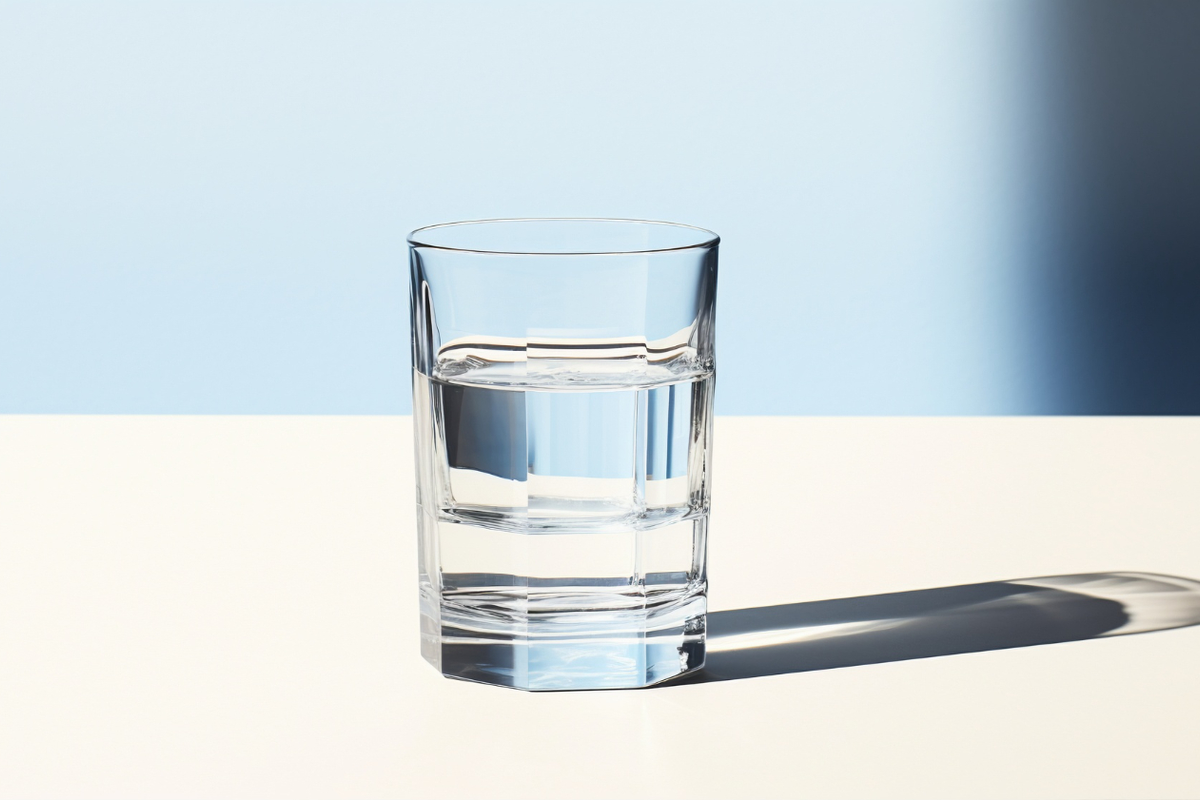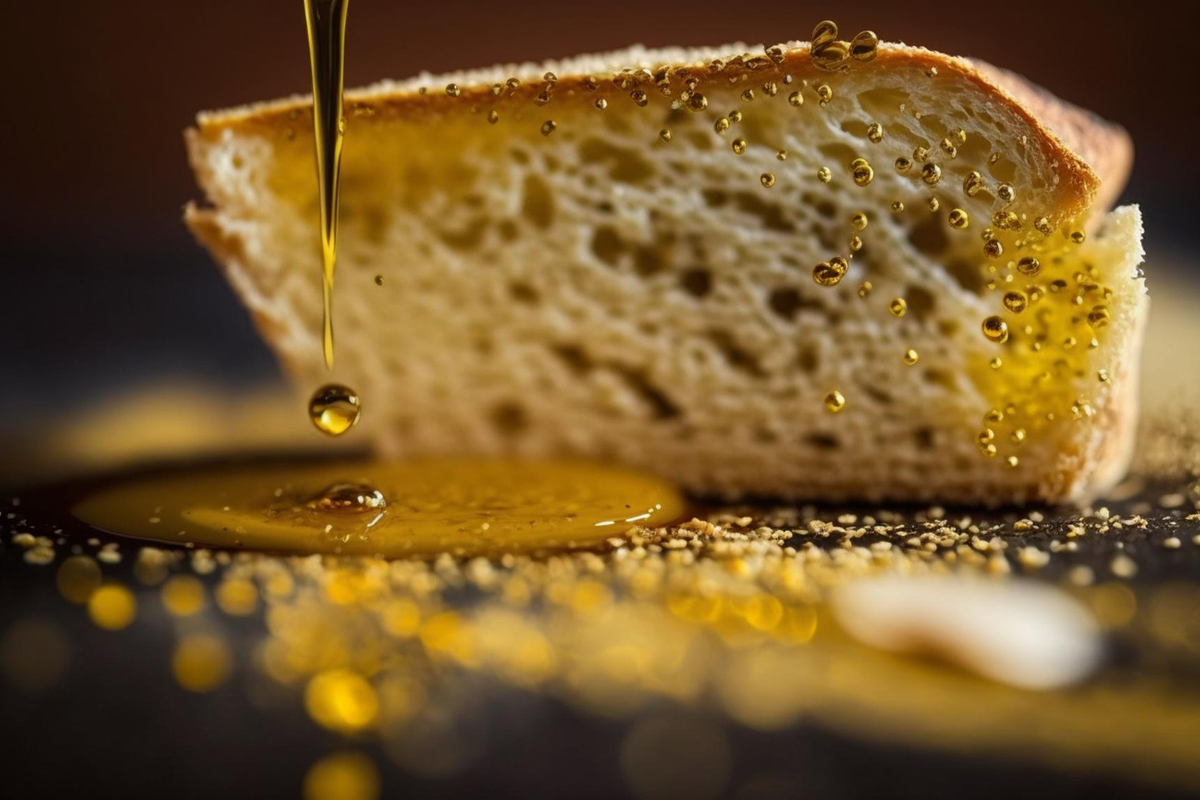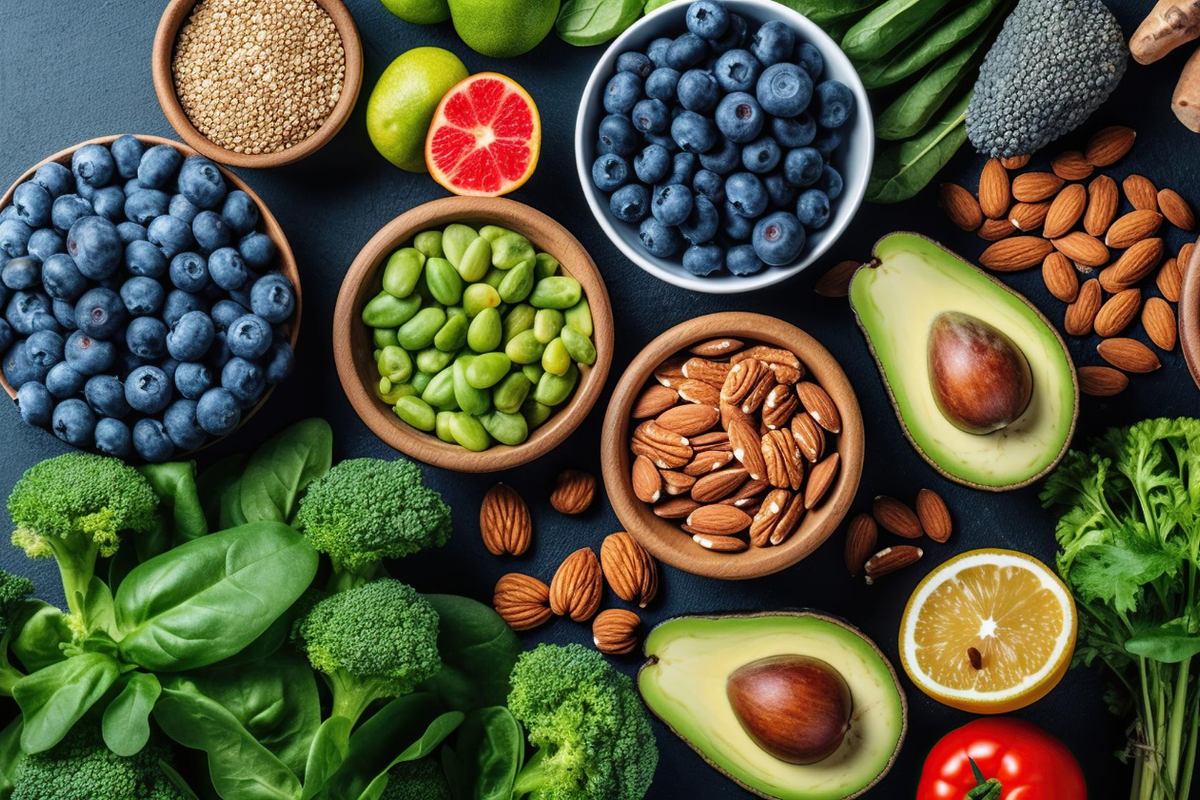
For centuries, the age-old wisdom of Ayurveda has guided individuals towards a path of holistic well-being. One question that commonly sparks confusion within this ancient practice is the timing of water consumption, particularly around meals. Should you sip alongside your food, guzzle down a glass after, or wait patiently for an hour? Unraveling the mystery through the lens of Ayurveda can shed light on the ideal approach to water intake for optimal digestion and overall health.
Thirst: Your Body’s Natural Compass
Ayurveda emphasizes listening to your body’s innate signals, with thirst serving as a crucial guide. Regardless of mealtimes, when the call of thirst arises, answer it promptly. This aligns with the body’s natural circadian rhythm, just as you instinctively eat when hungry and eliminate waste when nature calls. By honoring these urges, you maintain internal balance and promote a healthy digestive fire, known as Agni in Ayurveda.
The Ayurvedic View on Water and Meals
Before Meals: Let Agni Reign Supreme
Ayurveda advises against drinking water immediately before a meal. Water, with its cooling properties, can dilute digestive juices and weaken Agni. Imagine quenching a roaring fire with a bucket of water – that’s essentially what happens when you consume water before food. This can lead to sluggish digestion, bloating, and a feeling of unease.
After Meals: Give Digestion its Due Time
Similar logic applies to drinking water immediately after a meal. The cool water can disrupt the digestive process, potentially impacting the quality of food absorption and even contributing to weight gain in the long run. Ayurveda recommends waiting at least 30 minutes after finishing your meal before reaching for that glass of water. This allows your body to fully engage in its digestive work, ensuring optimal nutrient assimilation.
Sipping During Meals: A Balancing Act
While avoiding large quantities, Ayurveda does consider small sips of water during a meal to be beneficial. These sips help moisten food, aiding in its breakdown and facilitating smoother digestion. This is particularly helpful for spicy or oily meals, where a touch of water can soothe the palate and quench thirst. Remember, moderation is key. Overdoing water during meals can fill your stomach prematurely, leaving less room for food and potentially affecting nutrient intake.
Temperature Matters: Opt for Room-Temperature Water
The temperature of your water also plays a role. Opting for room-temperature water is ideal, as it avoids extinguishing your digestive fire. Cold water can further dampen Agni, leading to the potential issues mentioned earlier. Additionally, steer clear of carbonated drinks and coffee alongside your meals, as they can disrupt digestion and introduce unwanted elements into your system.
Finding Your Personal Rhythm: Experiment and Observe
Remember, Ayurveda emphasizes individualization. While these general guidelines offer a solid foundation, it’s crucial to observe your own body’s responses and adjust accordingly. Experiment with different water intake patterns around meals and pay attention to how you feel. This self-exploration will help you discover the rhythm that best supports your unique digestive needs and overall well-being.
Beyond the Meal: When the Thirst Persists
Even following these guidelines, thirst might arise after waiting 30 minutes post-meal. In such cases, quench your thirst moderately and gradually. Remember, your body’s needs can fluctuate, so prioritize mindful attention to its signals.
Medications and Water: Finding a Balance
If you require medication before meals, the Ayurvedic perspective suggests taking them 30 minutes beforehand. This allows sufficient time for medication absorption without compromising your digestive fire. However, consult your healthcare provider for personalized guidance regarding specific medication intake and timing.
By embracing the wisdom of Ayurveda and honoring your body’s unique cues, you can navigate the world of water and meals with confidence. Let go of rigid rules and cultivate a mindful approach to hydration, paving the way for optimal digestion, vibrant health, and a deeper connection to your inner rhythm.








